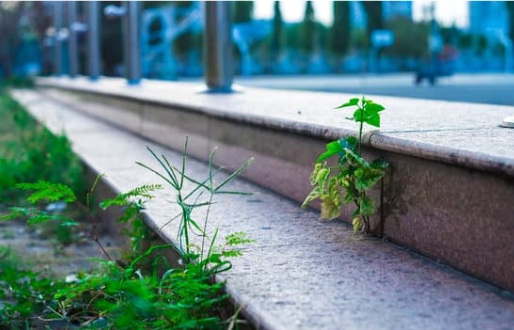City council to phase out glyphosate in effort to boost biodiversity

In Gloucester, glyphosate is used in very small quantities and is applied directly to plants but its use can still harm insect populations and biodiversity by removing plants essential for their survival.
Also, if eaten in large quantities, glyphosate may also have health impacts on small mammals and household pets.
At this month’s cabinet meeting, councillors are expected to approve a plan to review the use of glyphosate and to continue its managed reduction, in a bid to achieve the council’s green ambitions.
The proposal will see a number of trial areas set up on both residential and non-residential streets, where plants will be allowed to grow (unless they present a trip hazard or obstruction) while others will see plants removed using machinery and weedkiller.
The move will be kept under review and take feedback from residents into consideration.
Councillors could also agree to stop spraying busy areas such as the city centre where weeds are usually kept to a minimum due to high footfall.
However, weedkiller will still be used to manage obstructive growth or treat invasive and dangerous species such as Japanese Knotweed and Giant Hogweed.
Councillor Sebastian Field, cabinet member for Environment at Gloucester City Council, said: “We know people are increasingly concerned about the use of glyphosate and we are committed to doing everything we can to phase it out. By reducing its use alongside our plans to increase the amount of greenspace in our city we will do our bit to try to reduce the alarming decline in insect populations. ”
